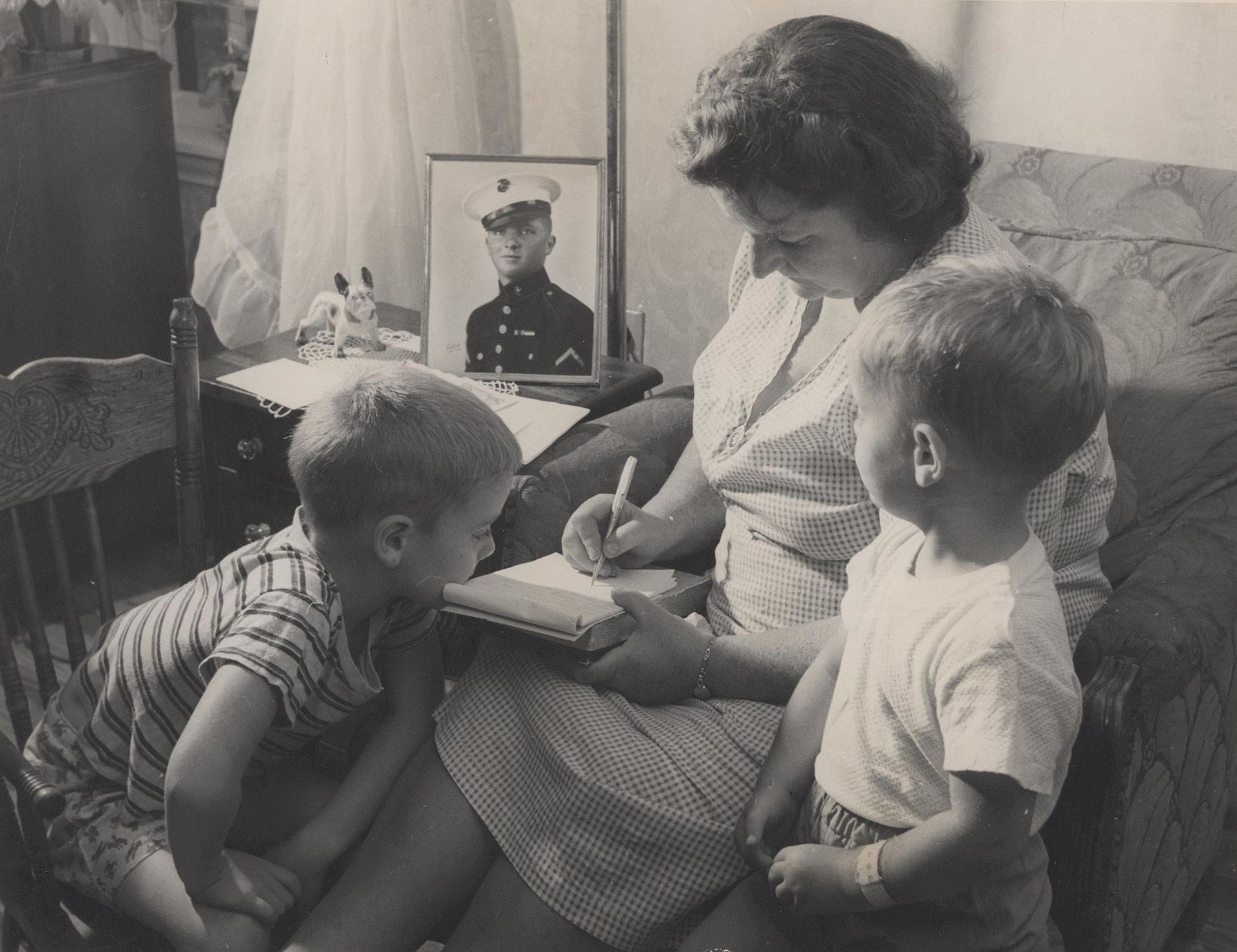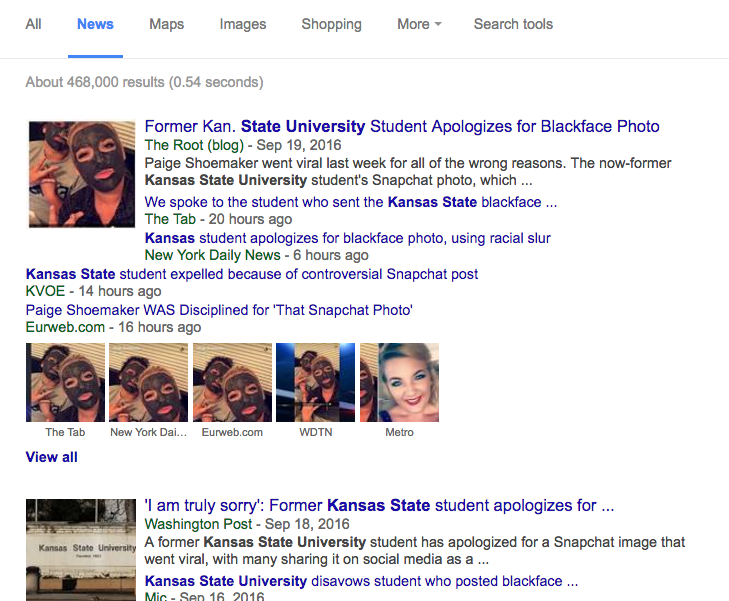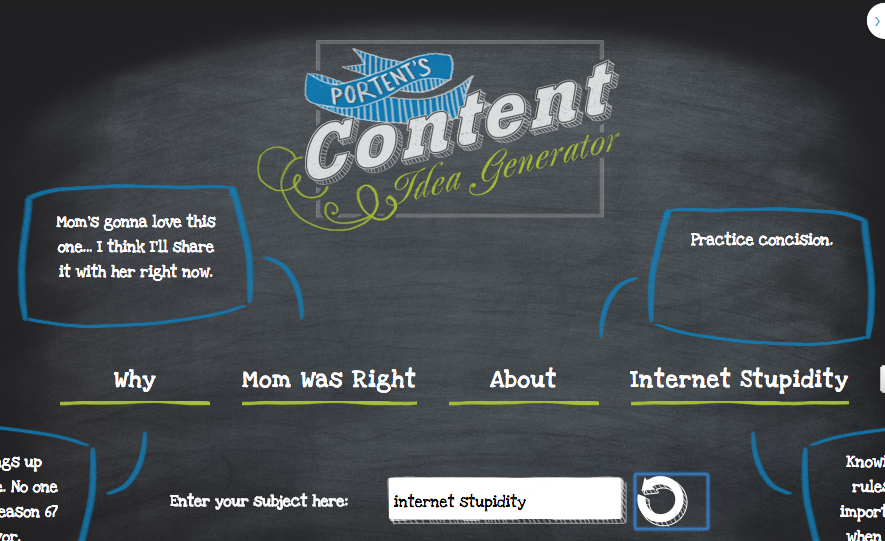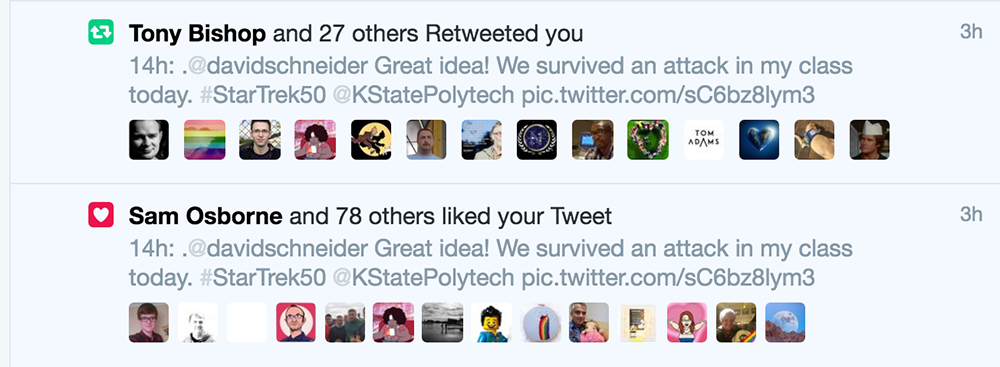I think one of my frustrations as a student was with teachers who’ve forgotten what it is like to be a novice learning something new. I have to wonder how many teachers ever intentionally put themselves in the learner seat?
I’ve long felt that it is important to do this regularly so I never forget what it is like to be a student learning something new for the first time. One of the things I like about where I work, K-State Polytechnic, is that we value and emphasize industry experience with our faculty. Everyone who teaches in a technology field here has some industry experience to bring to bear in the classroom.
I think far too many teachers have spent their entire lives in school, never having experienced other contexts for working and learning. That doesn’t fly in computing. You wind up obsolete in a hurry if you aren’t always learning something new. This summer I am learning about ASP.NET. A few years ago I had the opportunity to do some applications programming using MS Visual Studio and .NET framework, but didn’t do anything significant with the web side of things.
I recently took on a new consulting work project that involves updating an existing web application. Let me tell you, this is some of the most challenging learning I’ve ever done. Trying to understand the logic of software that someone else has built well enough that you can make useful changes to it is tricky and takes a lot of time. I’ve spent over a month just trying to get the source code I was supplied to compile and run.
I was finally able to get that to happen this week! At long last, I have a system that runs locally and I can tinker with it without disturbing the actual production system that this business relies on for its livelihood. Wouldn’t you know it—less than a day after I got things working for the first time, I started getting compile errors again. It made no sense. All I had been doing was looking through source code. I hadn’t changed or saved anything (or so I thought).
It took several hours, but finally this evening I figured out how to make the error go away and I am back in business again
I suppose one thing that I’m learning in all of this is basic humility. Computers tend to keep you humble if you work long enough with them. They are constantly changing and evolving. And they aren’t very smart. One small accidental change can upset your whole program.
But over time, you start trusting in your ability to solve problems and to persist through adversity. I suppose if there is one skill I would like to model for my students it is that—you can do it if you stick to it and don’t give up.
If there is one piece of advice I can give other teachers is to regularly put yourself out of your comfort zone and take on some challenging learning. That will help build empathy with your students who don’t seem to be learning quickly enough, or working hard enough or really anything that isn’t working out as planned. Learning is tough business and it is hard to remember that when you are always teaching something that you’ve learned long ago.




